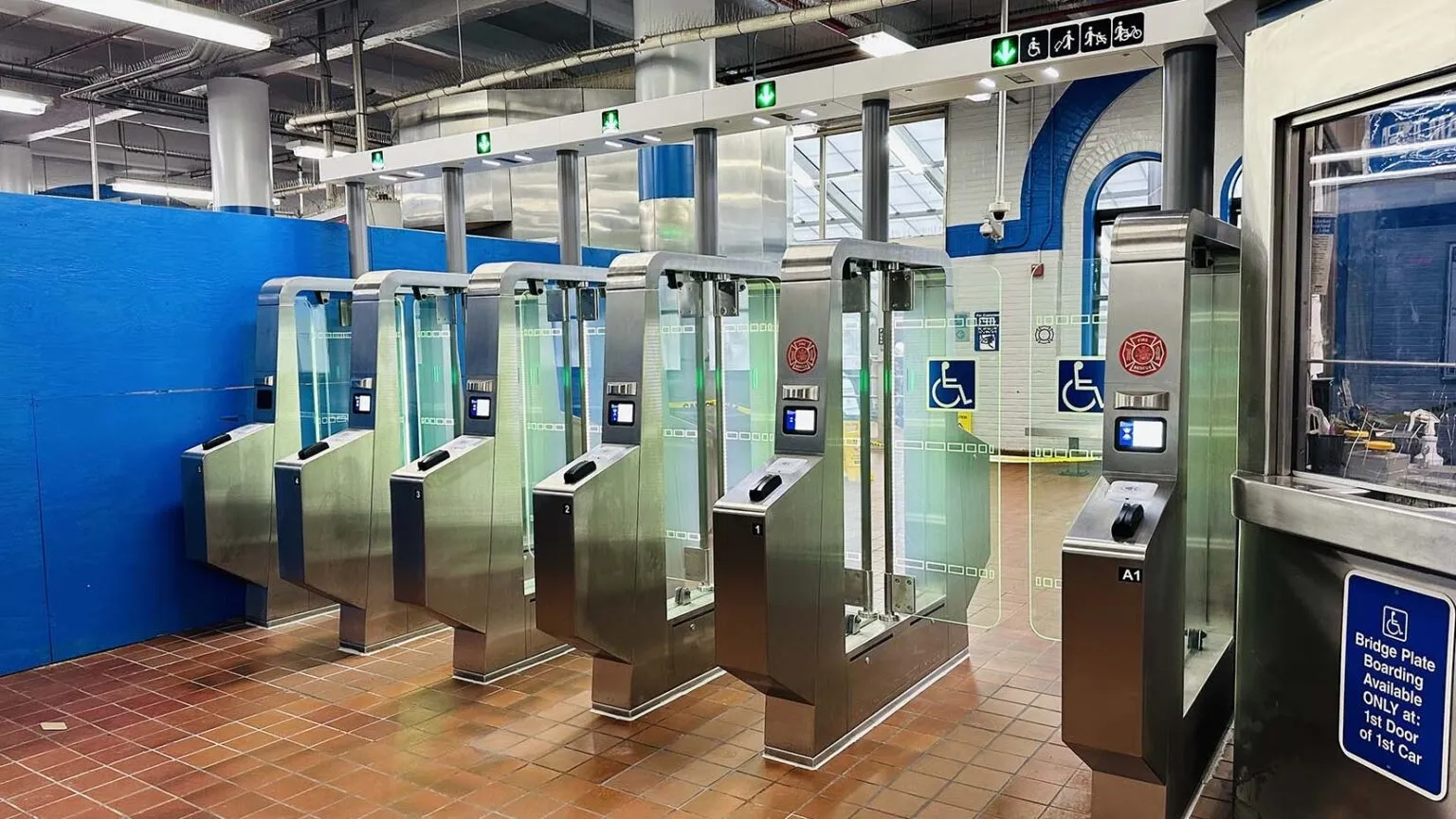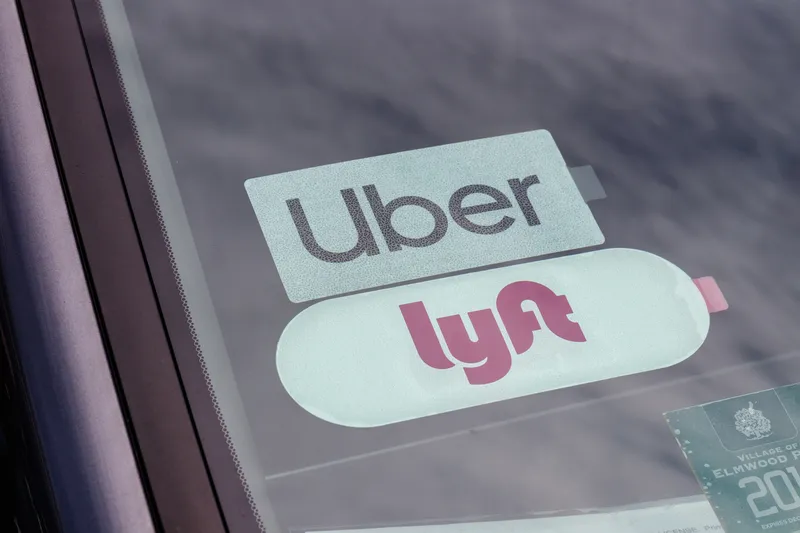
The Southeastern Pennsylvania Transportation Authority (Septa) will install around 100 additional 3D Fare Gates from Conduent Transportation at nine transit stations in the Philadelphia area.
The contract is part of a Septa programme using the tall gates to track and curb incidents of fare evasion, a problem that the authority says costs it at least $30 million annually.
In 2023, Conduent implemented contactless payment options on transit, including buses, subways and trolleys. Customers can now tap their credit and debit cards or use mobile payment apps such as Apple Pay or Google Pay at turnstiles and fare boxes.
Conduent says that in just over a year of operation on transit alone, there have been more than 15 million taps collecting tens of millions of dollars in fares, including a recent one-day record of about 87,000 taps.
Conduent’s 3D Fare Gate Solution uses 3D detection optical sensors, allowing travellers fast access while detecting and deterring ticketing fraud that would not be caught through traditional fare gates. Conduent’s gates also provide transit authorities quick access to reporting and analytics, aiding in enforcement decisions by identifying precisely when and where fare evasion occurs.
Earlier this year, Septa launched a pilot with Conduent’s gates at the 69th Street station in the town of Upper Darby, just outside Philadelphia. Conduent says that, coupled with efforts by transit police to deter fare evasion, it is projecting an increase of $300,000 in annual sales revenue at that station.
Adam Appleby, group president for public sector solutions at Conduent, said the 3D Fare Gate goes a long way to helping a problem that deprives transportation authorities of critical operating funds while unfairly penalising riders who do pay their fair share.
Septa now will install the gates at its Somerset, Huntingdon, Cecil B. Moore, 11th Street, 13th Street, Frankford Transit Center, Allegheny, 52nd Street and City Hall stations in the Philadelphia area. Installations are expected to be completed by the end of 2025.
The gates – which have also been implemented in Transilien SNCF in Paris, France - are designed to detect the most common types of fare evasion using advanced, sensor-based feedback mechanisms. The solution, which is ADA-compliant – Americans with Disabilities Act - and adaptable to meet agency needs, improves equity in transportation by improving accessibility for all riders as well as helping to ensure passengers pay their share.







